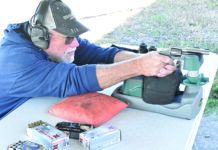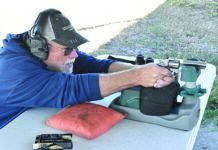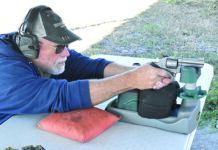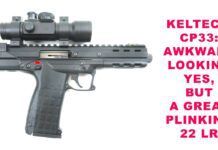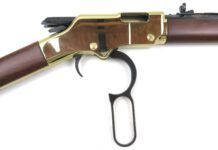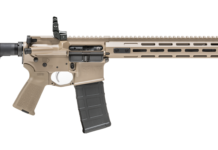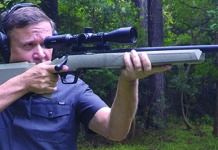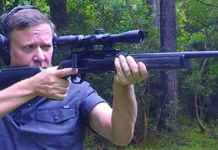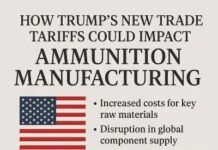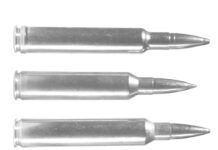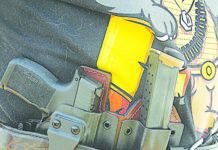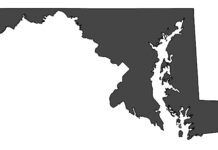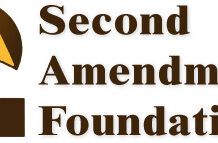MOSCOW — Irina Aervitz, vice president of the Federal News Service in Washington, had an interesting piece about Russian handgun ownership in the Moscow News newspaper. She wrote:
The recent shooting in a Moscow supermarket by police major Denis Yevsyukov, who killed three people and wounded six others, only added to the negative image of those who are supposed to protect the population from armed criminals.
Yevsyukov used a pistol that had been missing for nine years, and it is now suspected that he and his deputy were engaged in illegal gun trade. The incident has spurred debate over further legalisation of gun ownership in Russia, including the right to carry a gun.
One problem facing Russian authorities is the frequent involvement of law enforcement officers in the illegal arms trade.
Unlike in the United States, where citizens have a right to bear arms under the constitution, the Russian federal government has a monopoly on gun legislation. The Soviet Union prohibited civilian gun ownership in 1929. Josef Stalin once reportedly said: “We don’t let them have ideas. Why would we let them have guns?”
After the collapse of the Soviet Union, gun laws became less stringent. Current law divides those who are allowed to own firearms into three categories: regular citizens, military personnel and law enforcement officers. Each category can own only particular types of firearms: civilians are permitted to use firearms for self-defense, hunting, sports shooting and signaling.
People looking to buy a gun have to obtain a license from the Interior Ministry, which involves having a medical and a criminal record check, as well as completion of a gun safety course.
There are also restrictions concerning keeping and carrying guns around. To hunt, one has to be a member of a hunting club. Certain rules regulate the safe storage of a firearm in the house, but many argue that storing a gun apart from ammunition defeats the purpose of owning a gun for self-defense.
Advocates of further gun legalisation in Russia argue that any kind of weapon can be purchased on the black market, and thus the government should allow the public to defend itself from criminals. Plus, the legalization of weapons would provide for a better control mechanism through licensing and taxation.
Most young men in Russia become familiar with guns either via mandatory military training at school or when drafted into the Army – a rather negative experience for most.
In Russia, guns are also associated with a high volume of criminal violence in the 1990s, when gangsters terrorized the civilian population while law enforcement agencies, including the police, stood idly by or even actively collaborated with the criminals.
In 2001, 3 million firearms were registered in Russia, but there are millions of illegal guns traded on the black market, including guns that have been stolen from or “lost” by military personnel and law enforcement officers. According to a recent investigation by journalist Sergei Kanev, from 1951 to 2008 some 182,000 firearms in Russia went missing in this way.
Every year, criminals kill some 65,000 people in Russia. On top of this, many Russians do not trust the police, who are often perceived as having links to the criminal world.
Unlike in the US, where the government does not have a monopoly on cohesive power, the political implications of guns in Russia are different, because the government claims a monopoly over violence, while it seems impotent in the face of the illegal arms trade and corruption.


